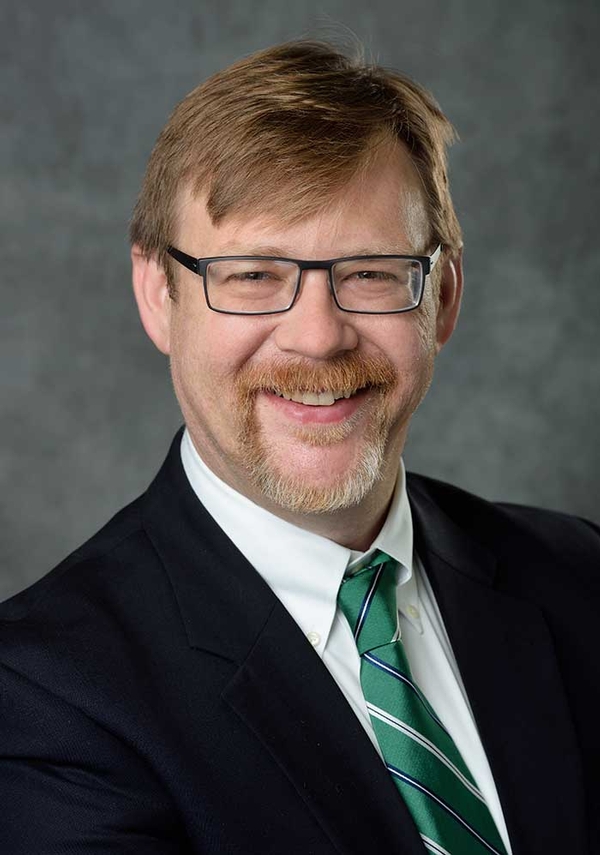
MIPSE Seminar
Moving to Address the Curse of Dimensionality to Enable ‘First Principle’ Optimal Design in Fusion System
This event is free and open to the publicAdd to Google Calendar

Abstract:
Recent advances at the National Ignition Facility and their achievement of thermal nuclear burn represents an exciting advancement in fusion energy systems. A close synergy between simulation, theory, and experiment, (including data assimilation) led to this advance. However, if we were to design a new device at a new operating point outside parameters covered by the experiments, we lack the ‘first principle’ predictive capabilities that enable such a design. This is because inertial and magnetically confined fusion systems are far from an equilibrium state and can span many plasma regimes Behind all of these challenges in building ‘first principle’ models is dimensionality. To address this challenge, the Center for Hierarchical and Robust Modeling of Non-Equilibrium Transport (CHaRMNET) was created. CHaRMNET, a DoE Mathematical Multifaceted Integrated Capability Center, will develop mathematical tools that enable ‘first principle’ effects within the design loop of fusion energy systems. CHaRMNET will exploit structure within models to mitigate the challenges of dimensionality and to bridge wide ranges of length and time scales in plasma science. The challenge of dimensionality is pervasive throughout computational science and refers to the observation that the resources to solve a problem on a computer scale exponentially with the dimensions. Fundamental plasma models are seven-dimensional and are presently computationally intractable for the engineering scale of plasma systems. In this talk, I will give an overview of the various thrusts in CHaRMNET to address this challenge, with a focus on Multi-Scale Modeling.
About the Speaker:
Andrew Christlieb is a University Foundation Professor of Mathematics at Michigan State University. He is the lead PI and Director of the Center for Hierarchical and Robust Modeling of Non-Equilibrium Transport. He also serves as the PI for an NSF-HDR-CORE joint program with Spelman College on increasing pathways for marginalized groups within data science as well as the MSU PI on a joint Sloan grant with Spelman on increasing capability for education experiences in data science at institutions serving historically marginalized groups. Prior to serving in these roles, he was the founding chair for the Dept. of Computational Mathematics, Science and Engineering from 2015-2021. Currently, CMSE is 32 faculty, approximately 100 graduate students, 20 post docs and 250 data science undergraduates. During his tenure as chair, junior faculty in CMSE received 14 career awards over 4 years. Christlieb was an Airforce Young Investigator, served as an IPA with Kirtland Air Force base and served and a range of roles at MSU since moving there in 2006 as an Assistant Professor.
The seminar will be conducted in person and simulcast via Zoom: https://mipse.umich.edu/seminars_2223.php#winter2023
 MENU
MENU 
